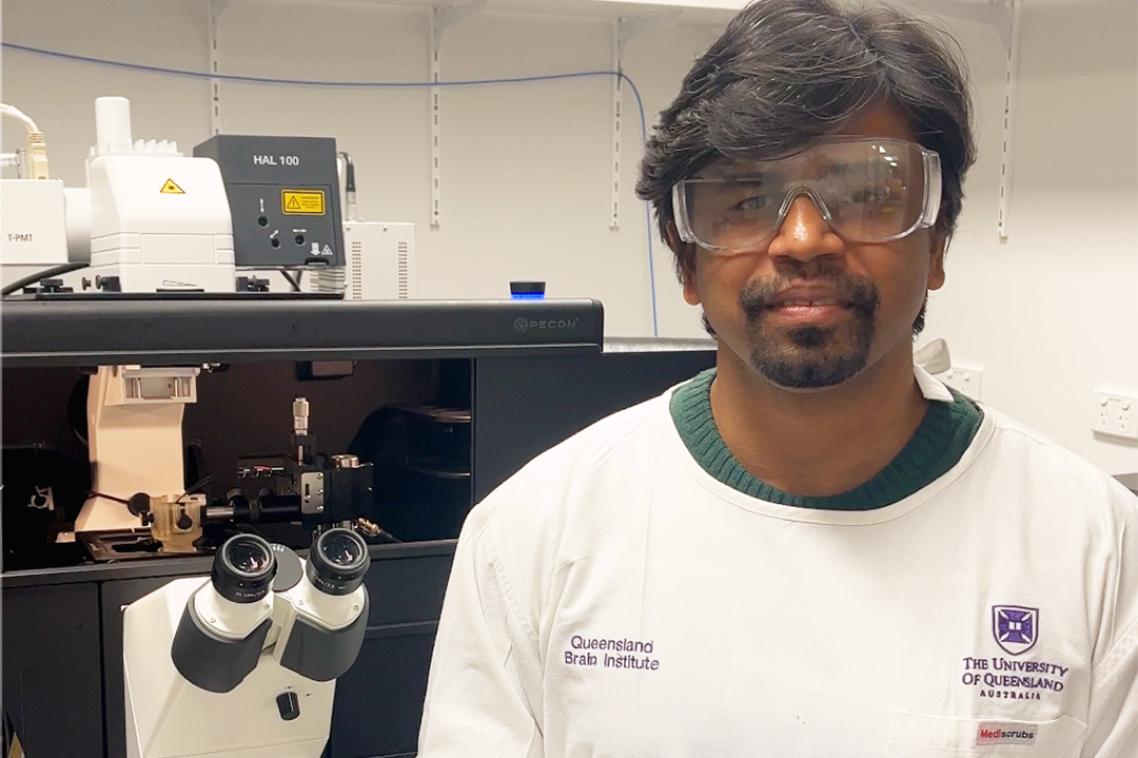Safer treatment for teens with acne

A University of Queensland researcher has developed new guidelines for psychiatrists and dermatologists to safely prescribe a common acne drug linked with suicide and depression.
The study offers guidelines for Australian health professionals when prescribing and treating acne patients with the drug Roaccutane.
UQ Centre for Clinical Research Child and Adolescent Psychiatrist Dr James Scott said the guidelines would reduce variations in how clinicians used the drug, containing active ingredient isotretinoin, to treat acne in teenagers.
“These guidelines draw on the expertise of a range of specialists and set out standard recommendations, particularly in relation to pre-treatment screening and post-treatment monitoring of patients,” Dr Scott said.
“Acne can damage adolescents’ psychological well-being,, burdening them with feelings of embarrassment, frustration and anger.
“This medication is being prescribed to a population of adolescents who are already at an increased risk of depression because of their acne.”
Dr Scott said the recommendations would guide clinicians on the safe prescription and monitoring of the drug.
“If a young person’s acne is severely impacting their quality of life, a treatment like Roaccutane should be considered, regardless of the severity of their condition,” Dr Scott said.
“However, anyone who is considered for treatment of Roaccutane should have careful monitoring during treatment and after medication has ceased.”
Researchers also recommend adolescents should be screened for mental health problems before starting the medication.
“Any existing mental health symptoms should be identified and, where appropriate, clinicians should work with the teenager’s general practioner or mental health practitioner,” he said.
There should be clear communication between parents/carers, patients and relevant health professionals, to ensure any problems could be managed safely.
“Communication and awareness of risks by all involved are the key to preventing tragic outcomes,” he said.
The recommendations are published in the Australasian Journal of Dermatology.
Media: Kate Sullivan, UQ Centre for Clinical Research (07 3346 6041) or k.sullivan4@uq.edu.au
Topics
Related articles

New ultrasound imaging to map drug delivery into the brain

Staying physically active cuts risk of early death by 40 per cent
Media contact
UQ Communications
communications@uq.edu.au
+61 429 056 139
